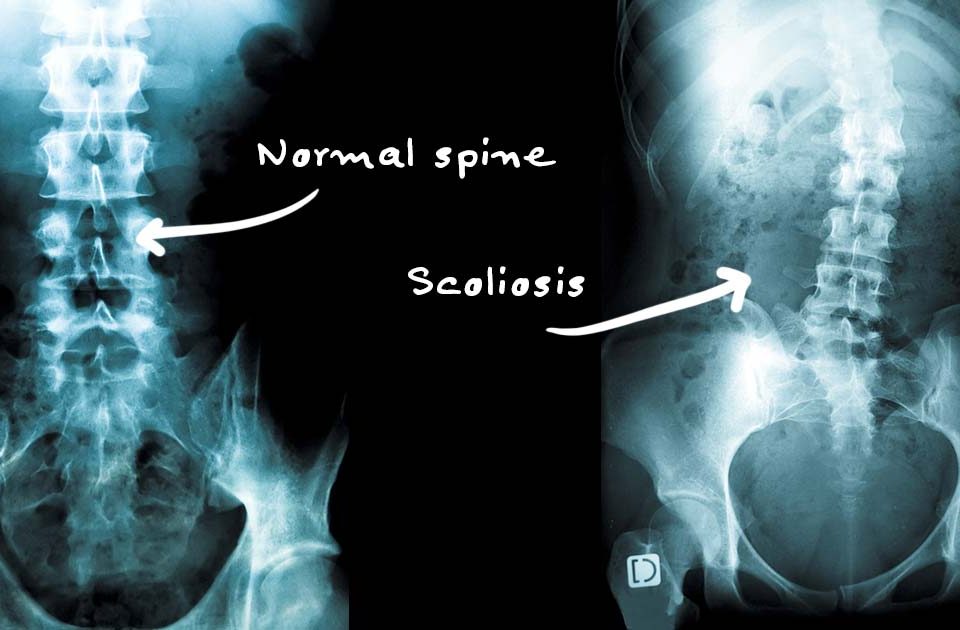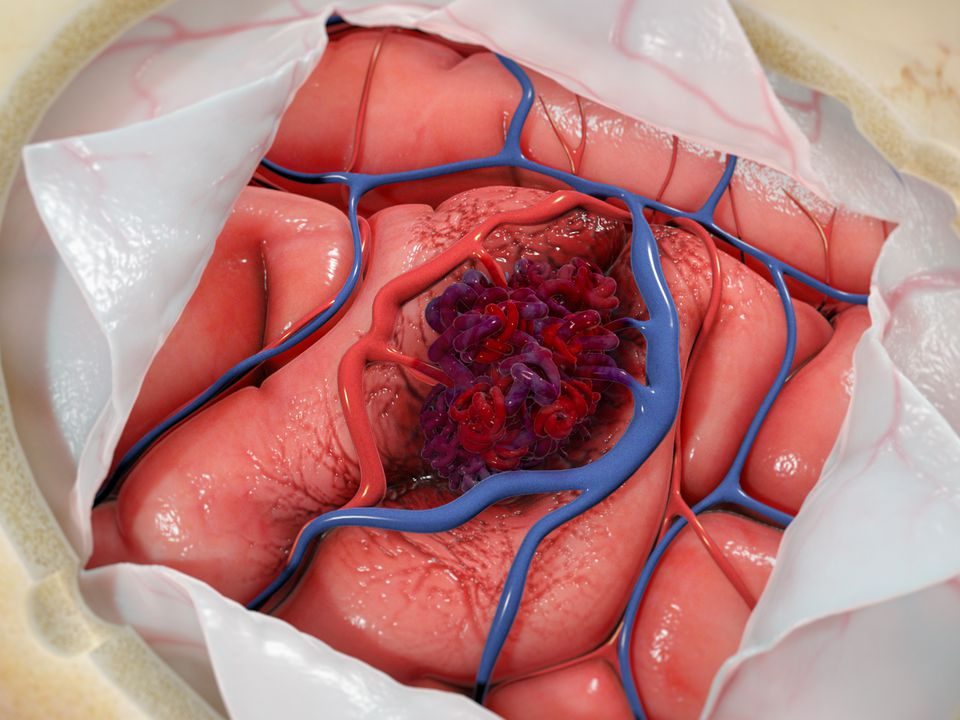Depending on the location and type of spinal tumor, different signs and symptoms can develop, especially as a tumor grows and affects your spinal cord, surrounding nerves or blood vessels.
The following general symptoms may be associated with a spinal tumor:
- Pain in the neck or back, followed by neurological problems (such as weakness or numbness of the arms or legs or a change in normal bowel or bladder habits) is most common
- Focal spine pain that is worse in the morning
- Pain that is severe when there is direct manipulation or compression of the affected area of the spine
- Pain that does not diminish with rest, and pain that may be worse at night than during the day
- Back pain along with constitutional symptoms, such as loss of appetite, unplanned weight loss, nausea, vomiting, or fever, chills or shakes.
- Difficulty walking, sometimes leading to falls
- Decreased sensitivity to pain, heat and cold
Back pain is a common early symptom of both noncancerous and cancerous spinal tumors. Spinal tumors progress at different rates. In general, cancerous spinal tumors grow more quickly, and noncancerous spinal tumors tend to develop very slowly. Both noncancerous and cancerous spinal tumors can compress the spinal cord and nerves, leading to a loss of movement or sensation at and below the level of the tumor and sometimes to changes in bowel and bladder function. Nerve damage may be permanent. However, if a spinal tumor is caught early and treated aggressively, it may be possible to prevent further loss of function and, with aggressive rehabilitation, regain nerve function. Depending on its location, a tumor that compresses the spinal cord itself may be life-threatening.
Additionally, important general characteristics for spinal tumors include:
- Tumors that originate in the spine (primary tumors) are quite rare
- Primary spinal tumors tend to occur in younger adults and most typically are slow growing and benign
- Most spinal tumors have spread (metastasized) from another area of the body
- For patients with cancer elsewhere in the body, any new complaint of spine pain or neurological deficits requires an immediate evaluation to determine if the cancer has spread to the spine
References
http://www.spine-health.com/conditions/spinal-tumor/symptoms-a-spinal-tumor
http://www.mayoclinic.org/diseases-conditions/spinal-cord-tumor/symptoms-causes/dxc-20117316



